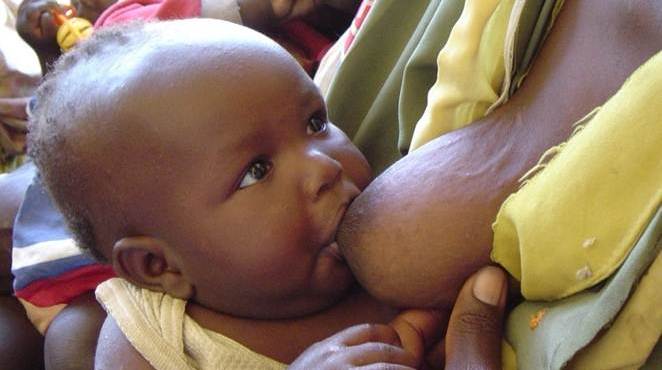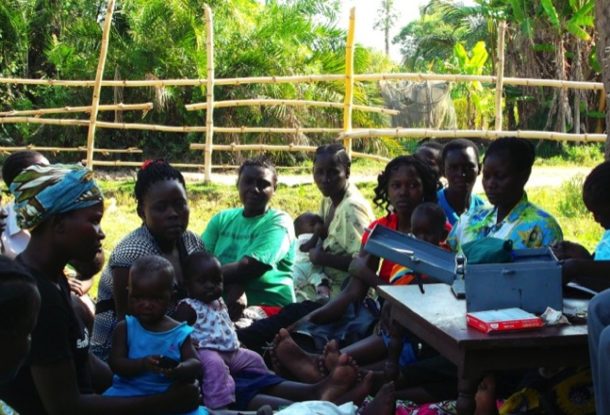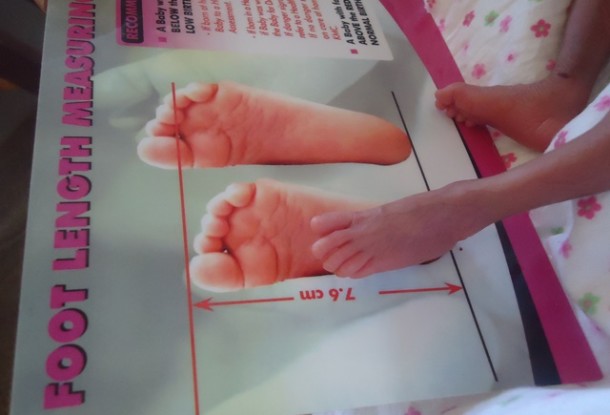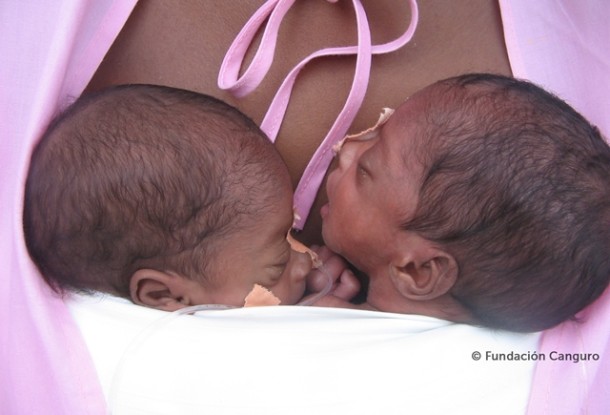Innovation Summary
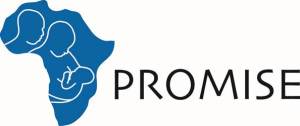 Exclusive breastfeeding (EBF) has been associated with better cognition in some developed countries. This intervention promotes human capital formation by encouraging EBF during the first six months of life in communities in Uganda and Burkina Faso. Community based peer-counselors, paid 10 USD a month, provide at least five home-counseling visits to mothers: one antenatal visit and 4 postnatal visits. Now, children from the original intervention are 5-7 years old, and the effect of EBF peer-counseling on child development will be measured through cognitive function, behavior and emotional status, education readiness, health status, gross and fine motor skills, physical growth, and household socioeconomic status.
Exclusive breastfeeding (EBF) has been associated with better cognition in some developed countries. This intervention promotes human capital formation by encouraging EBF during the first six months of life in communities in Uganda and Burkina Faso. Community based peer-counselors, paid 10 USD a month, provide at least five home-counseling visits to mothers: one antenatal visit and 4 postnatal visits. Now, children from the original intervention are 5-7 years old, and the effect of EBF peer-counseling on child development will be measured through cognitive function, behavior and emotional status, education readiness, health status, gross and fine motor skills, physical growth, and household socioeconomic status.
Gallery
Impact Summary
- 2,579 mother-infant pairs were assigned to either intervention or control clusters in Burkina Faso, Uganda and South Africa.
- Community based peer counselors increased exclusive breastfeeding in Uganda and Burkina Faso from about 40% to 80%. [1]
- 523 assessments will be conducted on children in Uganda and 574 in Burkina Faso.
- 574 assessments will be conducted on mothers in Burkina Faso.
Collaboration
Key Funders
Grand Challenges Canada
Implementation
Community involvement has been instrumental in this process.
Challenges
- Massive landslides interrupted program activities.
- Traditional circumcision rites in Mbale, Uganda.
References
- Tylleskär et al (2011). Exclusive breastfeeding promotion by peer counsellors in sub-Saharan Africa (PROMISE-EBF): a cluster randomized trial. Lancet, 378: 420-427.
